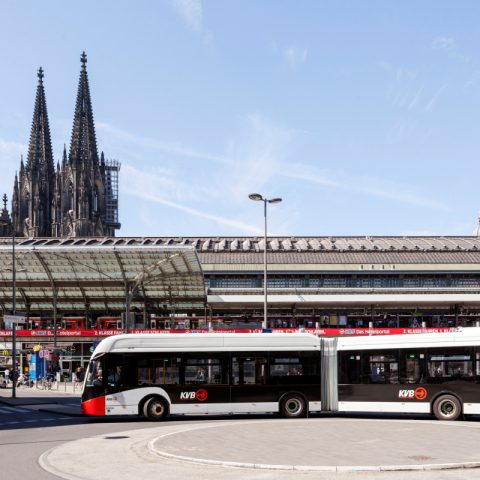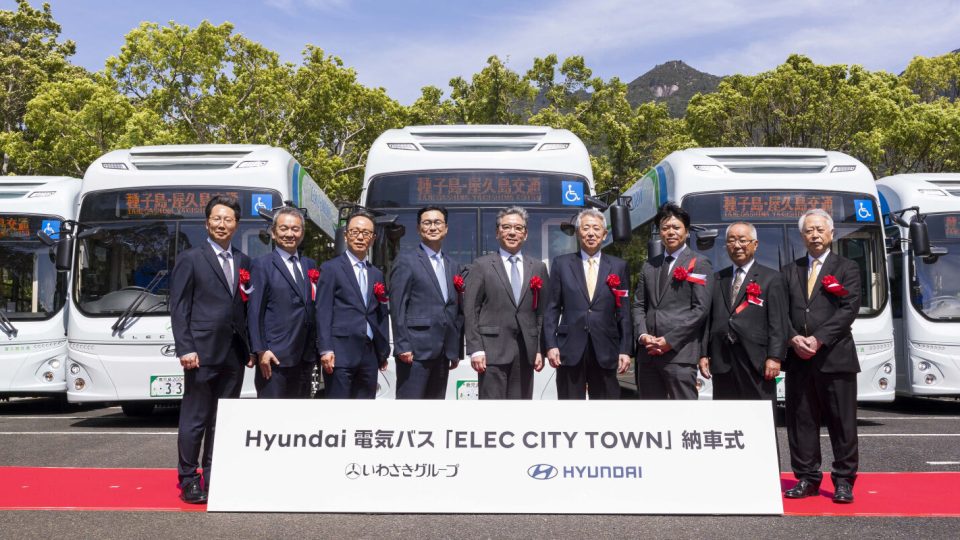VDV’s reaction on the 1,700 alternative drive buses funded in Germany: «Grants won’t be sufficient»
The figure of 1,700 zero emission buses funded by the German government “has to be seen against the background of currently around 5,000 e-buses applied for and also in view of the planned budget cuts in this area. If nothing changes here, many, especially medium-sized and small transport companies, will have to retain from ordering […]

The figure of 1,700 zero emission buses funded by the German government “has to be seen against the background of currently around 5,000 e-buses applied for and also in view of the planned budget cuts in this area. If nothing changes here, many, especially medium-sized and small transport companies, will have to retain from ordering e-buses. This does not fit in with the coalition agreement.”
In this way Werner Overkamp, Vice President of the Association of German Transport Companies (VDV), industry association for more than 600 public transport companies, reacts to the funding decisions for 1,700 alternative drive buses (1,400 battery-electric buses, 150 fuel cell buses, 50 trolleybuses and 100 gas buses).
Fundings for zero emission buses in Germany
Werner Overkamp, just re-elected, praises the funding programme in principle as an effective tool for the concrete transport turnaround on the ground: “It is good that we can expect a second funding call in the second quarter. However, we cannot understand why all the funds and the additional increase by the ten percent permitted by European law are not being tackled immediately in order to trigger the climate protection effects as quickly as possible and to reduce dependence on energy imports. Announcing additional funds now for 2025 is simply too late.”
The industry association considers the federal government’s targets to be not enough ambitious: “We could deploy far more climate-friendly e-buses by 2030 – with the appropriate support from the federal government – than it is currently aiming for.”
He adds: “Germany wants to be climate-neutral by 2045, and the EU and the federal government have further tightened the 2030 targets for the transport sector. The transformation of public transport is a key to these goals and also serves the greater independence from energy imports through the great energy efficiency of the sector. But it is foreseeable that the e-bus funding will not be sufficient – and the municipalities will not be able to close this gap,” Overkamp concludes.








